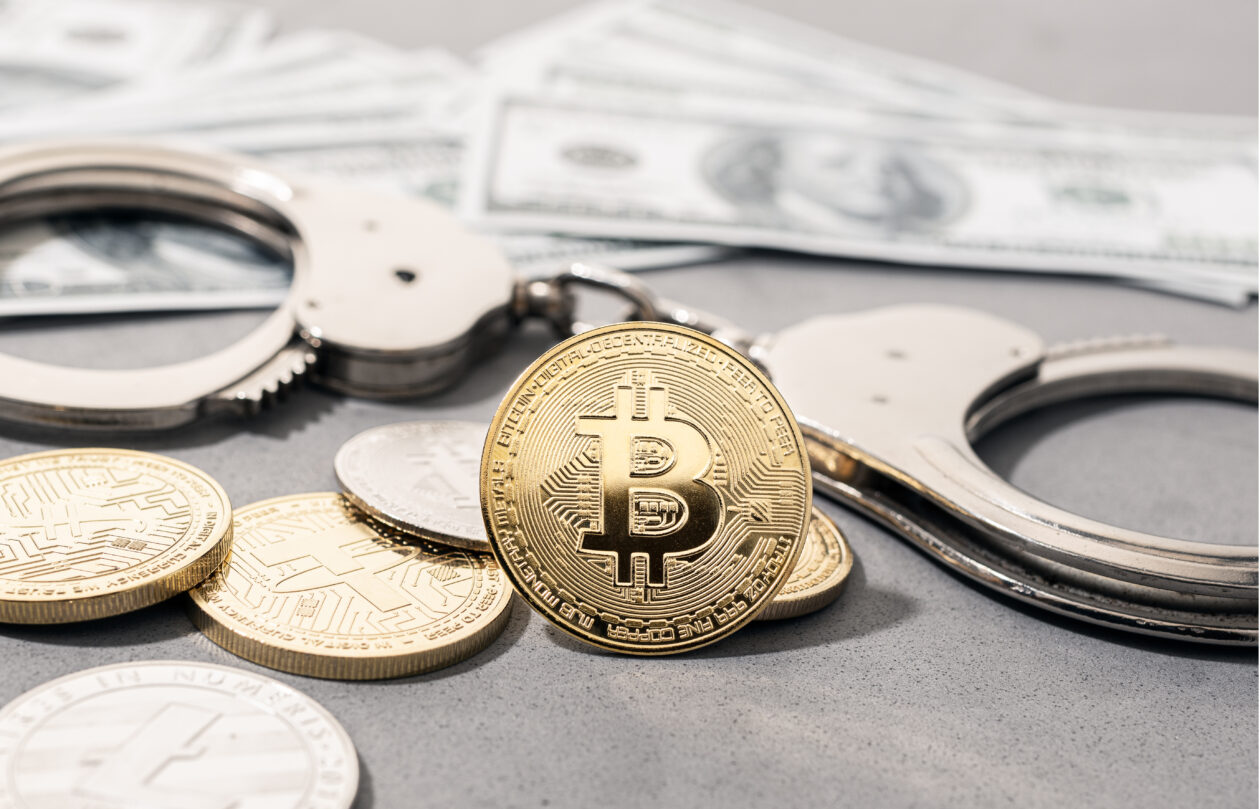Two U.S. senators have re-introduced the ‘‘Digital Asset Anti-Money Laundering Act of 2023’’ after months of delay, which puts greater emphasis on industry participants such as miners and validators. If the bill is passed, all crypto participants will be required to report transactions of over US$10,000.
See related article: Crypto’s aversion to anti-money laundering standards is only hurting itself
Fast facts
- Senators Elizabeth Warren – a longtime advocate of stricter regulations on the industry – and Roger Marshall reintroduced their crypto anti-money laundering bill, this time with Senators Joe Manchin and Lindsey Graham as cosponsors.
- The reintroduction comes after Warren and Marshall first introduced it in December, requiring that U.S. cryptocurrency businesses follow the same know-your-customer rules as banks to prevent money laundering.
- The Chamber of Digital Commerce, in opposing the bill, pointed out that the proposal may hinder digital asset innovation in the U.S. because it imposes compliance burdens on industry participants.
- “For example, digital asset validators and miners do not typically engage in activities that qualify them as financial institutions under the Financial Crimes Enforcement Network’s (FinCEN) definition,” the Chamber of Digital Commerce said in a statement.
- “FinCEN’s regulations are designed to cover entities that engage in traditional financial activities, such as accepting deposits, issuing loans, or engaging in other types of lending or financial intermediation. Digital asset validators and miners are generally involved in the technical operation of blockchain networks and do not provide financial services to customers,” it added.
- It also said that registering as a financial institution would impose a significant compliance cost burden on the digital asset industry and firms may be forced to depart the U.S., resulting in a brain drain of talented developers and technical experts.
- Elsewhere in Asia, Japan introduced anti-money laundering rules on cryptocurrency transactions earlier this year. South Korea introduced FATF’s travel rule last year, while India in March this year took a significant step towards regulating the cryptocurrency industry by expanding the Prevention of Money Laundering Act to include digital assets.
See related article: Binance says it complies with regulators following US anti-money laundering probe report






